Economist: Trump uncertainty clouding potential growth
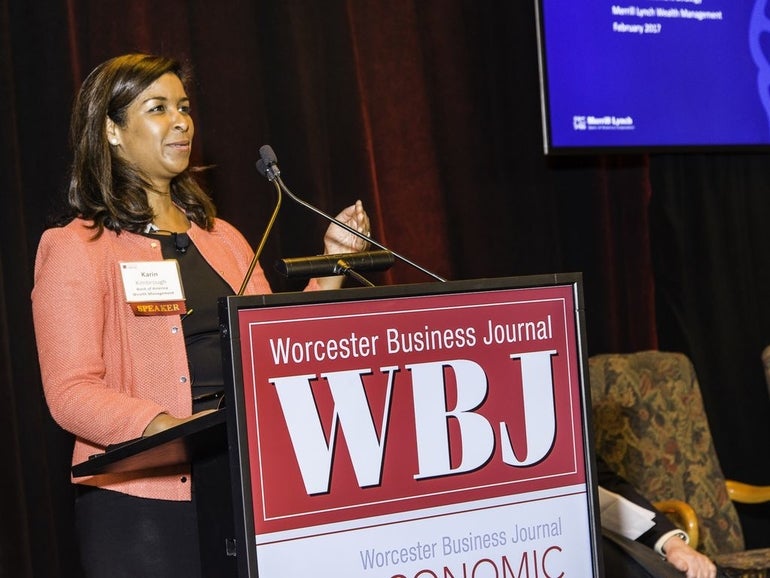 Karin Kimbrough, the managing director and head of macro and economic policy, investment management and guidance for Bank of America Merrill Lynch.
Karin Kimbrough, the managing director and head of macro and economic policy, investment management and guidance for Bank of America Merrill Lynch.
The local, national and global economies will likely see accelerated growth in 2017, assuming they work through the uncertainties created by shifting federal policies, according to an economist speaking at an event in Worcester.
Karin Kimbrough – managing director and head of macro and economic policy, investment management and guidance for Bank of America Merrill Lynch – said this year’s growth should outpace last year’s growth, with roughly a 2-percent increase in the national gross domestic product.
“Essentially everything is going to grow a little faster this year than it did last year. It is not only growing in the U.S., but globally,” Kimbrough said at the Economic Forecast event last week put on by Worcester Business Journal and the Worcester Regional Chamber of Commerce.
Kimbrough said, though, when she talks with other Bank of America economists, they give a wide range of possibilities of the economy’s direction this year, largely because of the unknowns surrounding President Donald Trump’s decision making.
Under the best-case scenario, “we don’t have fears of lowering the growth of our labor force through mass deportations, or getting in tit-for-tat trade disputes, or anything that would lower our potential growth going forward,” Kimbrough said.
Trump’s immigration ban has had a chilling effect on all Central Massachusetts international students, doctors and researchers, said Michael Collins, chancellor of UMass Medical School, on a panel at the same event.
“We employ over 6,100 people, 5,500 who work in Worcester County; 1,300 of our employees come from 80 different countries, holding green card or visas,” Collins said.
Collins voiced his concern that a new set of priorities in Washington, D.C. – namely the desire to increase military spending while also delivering a large tax cut – threatening funding levels at the National Institute for Health. NIH Funding for research at Umass Medical School topped $143 million in 2016, which ranked second in the state to Harvard University, and 29th in the nation.
Timothy Mammen, the chief financial officer of IPG Photonics in Oxford, said during the panel discussion the immigration ban could prevent companies like IPG from attracting the world-class talent that it needs to grow here in Massachusetts.
"Restrictions on ... visas have made it more difficult for us to get highly skilled workers into the U.S., which can affect where you can grow the company,” Mammen said.
IPG has facilities worldwide, including in Germany and Russia. The company closed the books on 2016 with more than $1 billion in total revenues. While its headquarters are in Oxford, the company has invested heavily in its Marlborough campus, where it has been able to further expand its Central Mass workforce, especially software and electrical engineers.
Kimbrough said these type of issues are what makes her team hesitant on predicting significant growth for the economy.
“We are in a new administration that is tilting in a different direction, but tilting in ways that people are not able to predict,” she said. “Businesses have trouble determining the strategic direction.”
Assumption College Economics Professor Thomas White, who publishes the Worcester Economic Index, said the local economy grew at the rate of 2.1 percent for the fourth quarter.
New business incorporations were up 9 percent in the fourth quarter, and unemployment claims, while up slightly, hoovered around a 25-year low, White said. The only real warning sign was a 22-percent drop in the region’s online help wanted ads.




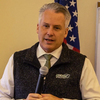
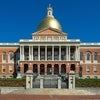


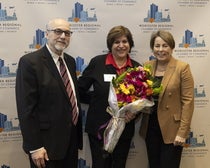
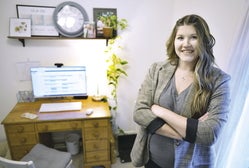



0 Comments